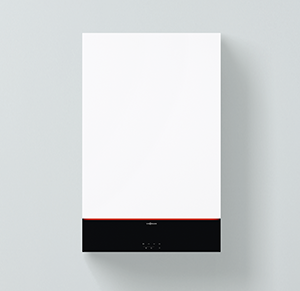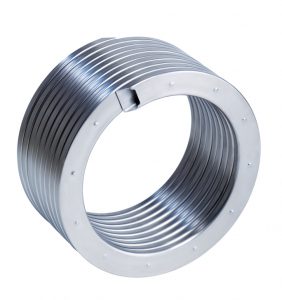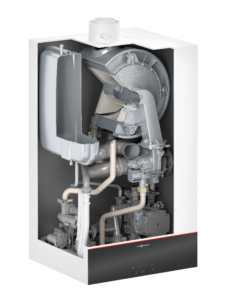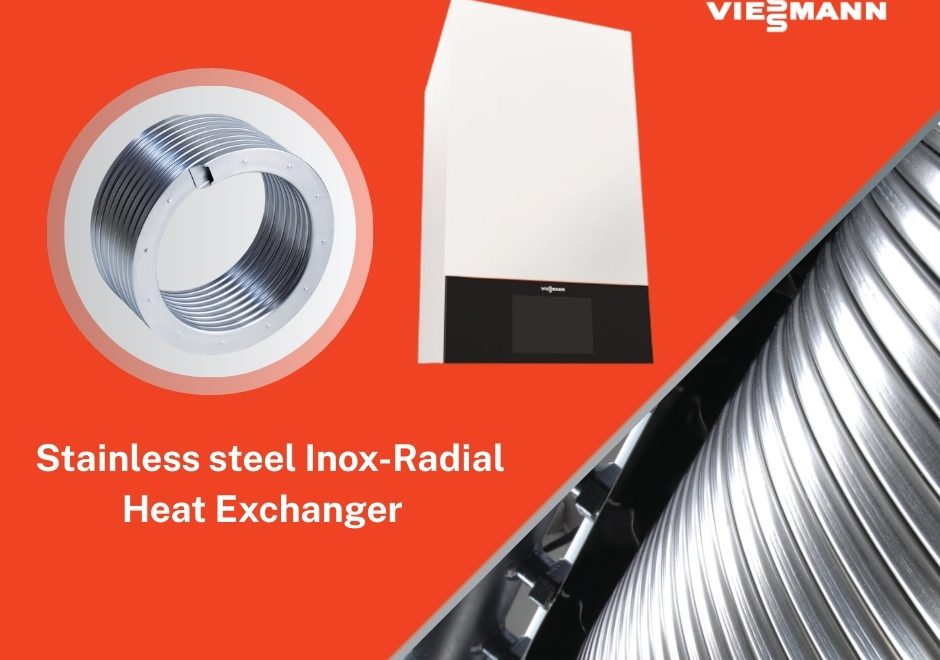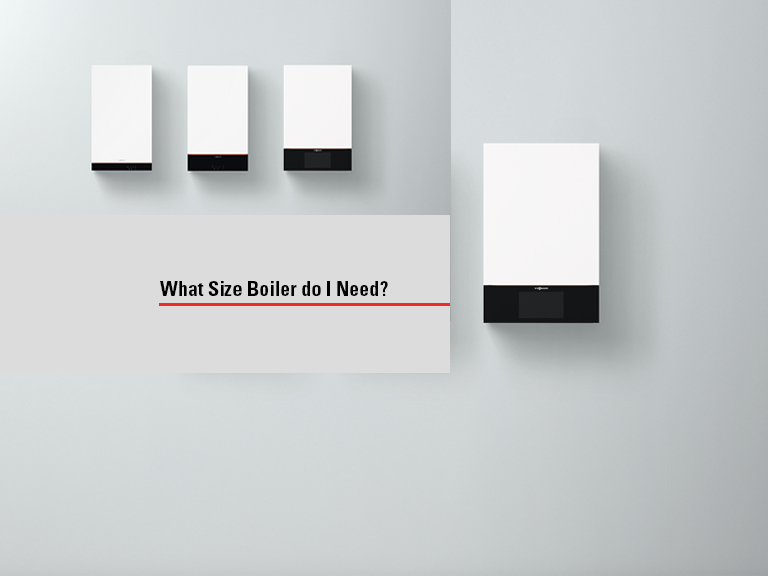Purposes of the Inox-Radial Heat Exchanger
The stainless steel Inox-Radial heat exchanger in Viessmann gas condensing boilers plays a critical role in their efficiency and longevity. Here’s a breakdown of its purposes and benefits:
🔧 Purposes of the Inox-Radial Heat Exchanger
-
Efficient Heat Transfer
It maximizes heat extraction from the combustion gases, including the latent heat from water vapor, which is the essence of condensing technology. -
Condensation of Flue Gases
The design promotes condensation of water vapor in the flue gases, capturing additional heat that would otherwise be lost in conventional systems. -
Durability & Resistance
It’s made of high-grade stainless steel (Inox), which resists corrosion caused by acidic condensate—a common byproduct of condensing operation.
Benefits of the Inox-Radial Heat Exchanger
-
Higher Efficiency
-
Achieves efficiency ratings of up to 98% (Hs) or 109% (Hi).
-
Reduces fuel consumption and CO₂ emissions.
-
-
Long Service Life
-
Corrosion-resistant stainless steel ensures longevity even under constant exposure to moisture and acidic condensate.
-
-
Low Maintenance
-
Smooth, self-cleaning surfaces reduce the buildup of soot and residues.
-
Leads to fewer service calls and consistent performance over time.
-
-
Compact and Space-Saving
-
Radial design is compact, enabling smaller boiler dimensions and easier integration into homes or commercial buildings.
-
-
Sustainability
-
Reduced fuel use and emissions support eco-friendly heating.
-
In short, the Inox-Radial heat exchanger is a key reason Viessmann condensing boilers are known for exceptional efficiency, reliability, and low lifetime cost.
